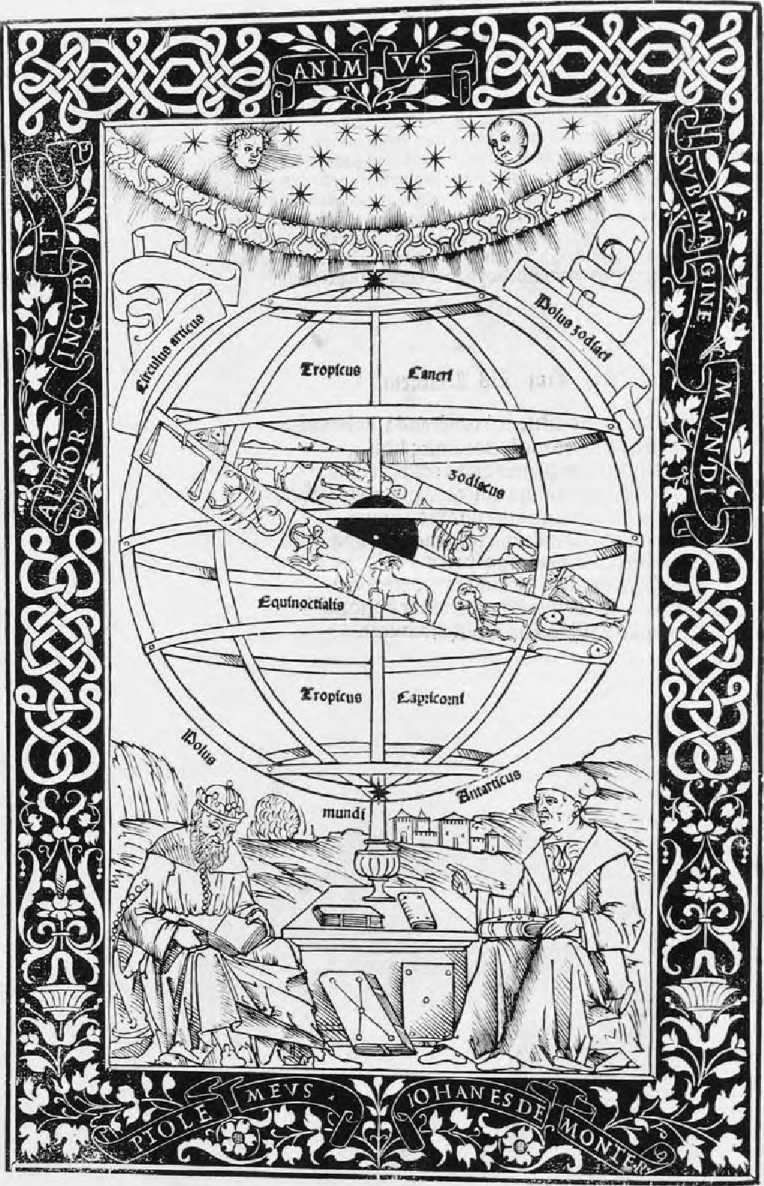Astrology was one of the most important components of magic; the person who produced magical effects was called a magus. During the Renaissance natural (or white) magic was considered beneficial, especially when it involved medical procedures, as opposed to the demonic (or black) magic of witches and other practitioners. These occult studies often hinged on astrology because the stars and planets
Science and Medicine

Were conceived of as superior intelligences that could be invoked for various purposes. Moreover, each heavenly body was thought to possess specific properties, and objects such as plants and stones were thought to have an affinity with these properties. All the senses were involved in certain incantations; sounds and smells were employed as objects, arranged in patterns and sequence. Astrology, then, was used not only to predict the future, but also to affect it. The great Neoplatonic scholar Marsilio Ficino (1433-99) developed a new theory of supernatural forms, with mystical wisdom released from the mind itself. Pico della Mirandola (1463-94) supported the idea of Christian Cabala in which positive heavenly forces could be summoned by numerical combinations, Hebrew letters, and other tools to combat the negative influence of demonic power. In these and most other Renaissance perceptions of astrological forces, human beings are a microcosm reflecting and communing with the macrocosm of the universe.
Astrology informed the decisions of many of Europe’s rulers, just as some of today’s political leaders have depended on astrological advice. John Dee (1527-1608), royal astrologer at the English court, advocated an eclectic approach. His predictions combined knowledge of navigation and weather with the inspiration derived from dreams. Astronomers were not exempt from the fascination of astrological influence. Regiomontanus, for example, hoped for support from the king of Hungary because of their compatible horoscopes: “The ascendant of my nativity is no more than 12 degrees away from the ascendant of his; given his birth, he will offer me the offices of friendship. Similarly, the moon in his nativity is in the position of Jupiter in my nativity” (Grafton 2001, p. 114). Numerous prognostications concerning royal marriages, treaties, travel, and even diet were pronounced by astronomers after studious deliberation, for which they were very well paid. Girolamo Cardano (1501-76), who wrote several treatises on astrology and medicine, helped to promote astrology as a rigorous intellectual system. Astrology may be seen as quasi-scientific in its taxonomic structure and reliance on cause and effect.




 World History
World History









